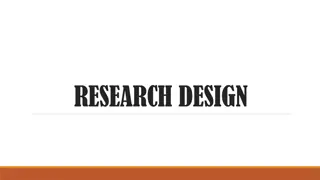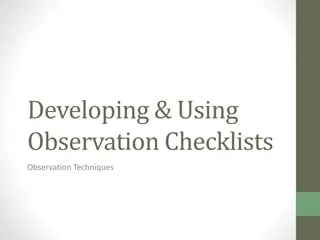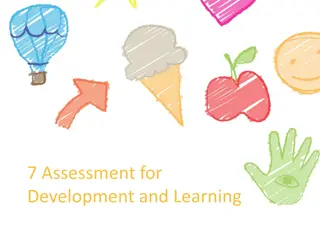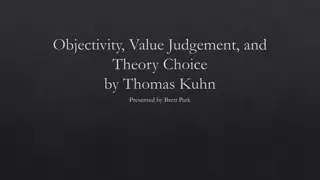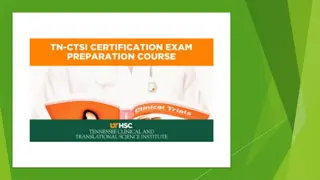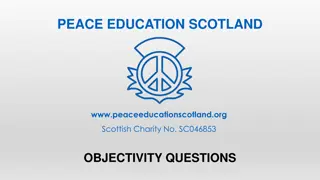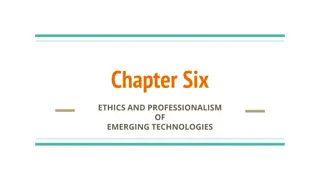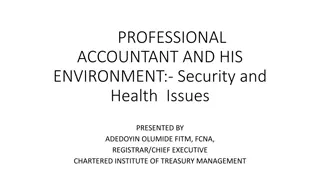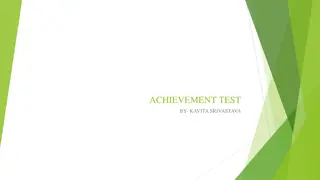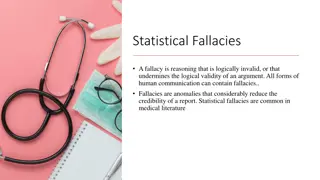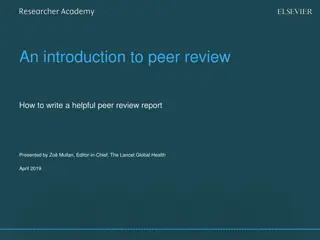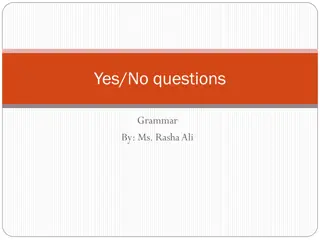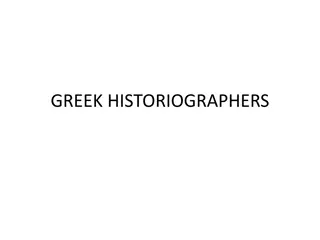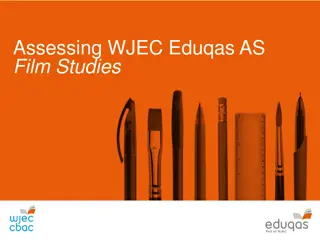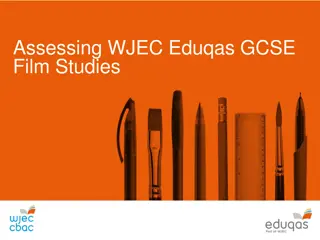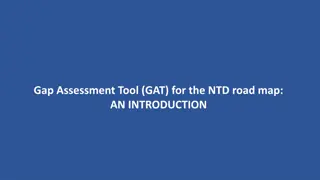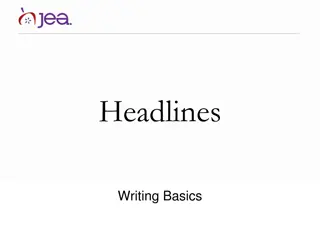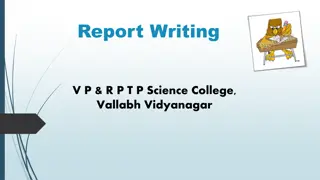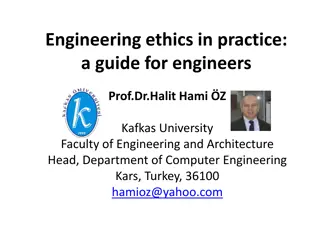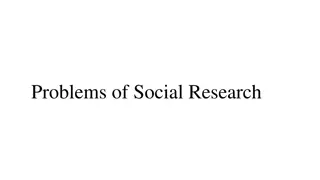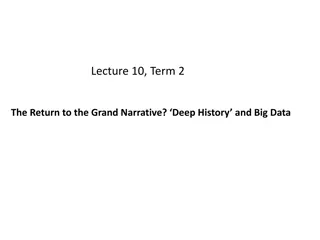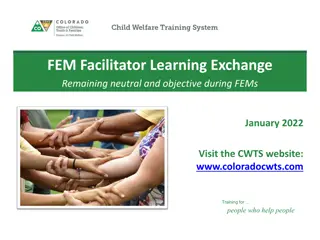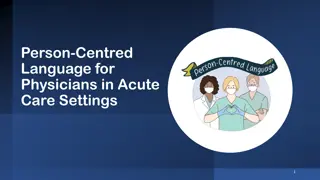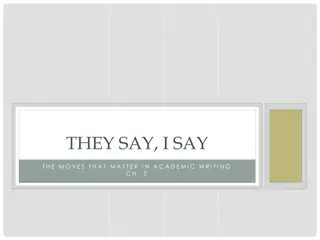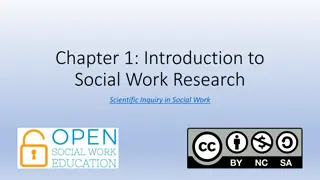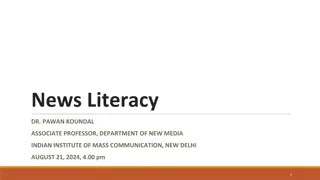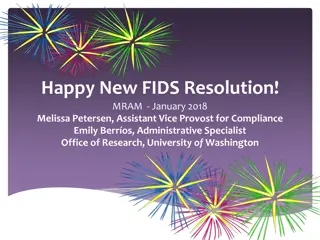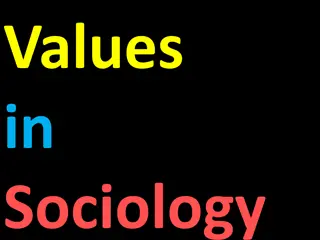Balancing Political Field in Education Research
Analyzing the challenges of historical education research in politically contested fields, addressing methodological hurdles in meeting political demands for practical solutions. Can the history of education help evaluate policy and politics? Exploring the delicate balance between research objectivi
1 views • 9 slides
Understanding Management, Leadership, and Organizational Success
The process of achieving organizational objectives through effective management and leadership is crucial for success. Management roles, such as top management, middle management, and supervisory management, each play a distinct role in implementing strategic plans and motivating employees. Skills l
9 views • 26 slides
Importance of Fitness Testing in Physical Education
Health-related physical activity (HRPA) stresses the need to view fitness testing as a tool to promote increased physical activity levels rather than an end goal. The focus in school physical education is on equipping youth with the knowledge and skills for lifelong health. Fitness test protocols sh
0 views • 17 slides
Understanding Research Design: Key Concepts and Features
Research design is the blueprint that guides researchers in collecting and analyzing data, ensuring objectivity, reliability, validity, and generalizability. It involves a structured plan throughout the research process to obtain answers to research questions effectively. This article explores the d
0 views • 11 slides
Using Observation Checklists for Effective Research
Observation checklists are valuable tools in research, allowing for quick and systematic data collection while maintaining objectivity. They help researchers focus, remain objective, and ensure thorough data coverage. Specificity in checklist design is crucial for capturing nuanced behaviors. The ch
0 views • 6 slides
Ernest Hemingway: Iconic Writer of the Lost Generation
Ernest Miller Hemingway, born in Oak Park, Illinois, was a prominent writer of the Lost Generation. His experiences in World War I influenced his writing style, marked by simplicity and objectivity. Moving to Paris, he mingled with Modernist artists and revolutionized American fiction. The Lost Gene
3 views • 24 slides
Enhancing Academic Writing Skills: Key Concepts and Strategies
Explore the essential elements of academic writing, such as formality, clarity, precision, and objectivity. Learn to use formal English, avoid slang, and maintain an impersonal tone. Discover tips for clearer and more concise writing, along with techniques for rewriting sentences in an academic styl
0 views • 14 slides
Understanding Assessment for Early Childhood Professionals
Assessment for development and learning in early childhood involves gathering and analyzing information about children's knowledge, skills, and understanding. Early childhood professionals use a variety of tools and approaches to assess children's progress, readiness, and support needs. They value f
0 views • 39 slides
Understanding the Structure of Balanced Arguments
Explore the concept of using the third person in writing balanced arguments to maintain objectivity and structure. Learn about third person pronouns and the importance of being unbiased in your writing. Understand the significance of structuring your arguments and maintaining a clear order for effec
0 views • 11 slides
Objectivity, Value Judgement, and Theory Choice in Science
Thomas Kuhn's work explores the subjective elements in theory choice, highlighting that theory selection is not solely based on objective algorithms. He discusses the structure of scientific revolutions, where science shifts between normal and revolutionary phases. Kuhn's ideas have faced criticisms
6 views • 19 slides
Dental Indices: Tools for Disease Assessment and Prevention
Dental indices are essential devices used to assess the incidence, prevalence, and severity of oral diseases, guiding the adoption of preventive programs. The ideal index should possess characteristics such as objectivity, reliability, sensitivity, and acceptability to both examiners and patients. C
0 views • 59 slides
Ethical Principles and Research Misconduct in Clinical Research
This session discusses the essential ethical principles governing clinical research, including respect, justice, beneficence, autonomy, and non-maleficence. It explores key documents like the Belmont Report, Nuremburg Code, and Declaration of Helsinki, emphasizing the importance of ethical conduct i
0 views • 55 slides
Structured Analysis on the Accuracy of Statements in Modern Studies Higher Papers
Explore the evaluation of accuracy in Modern Studies Higher papers through objectivity, conclusions, and reliability questions. Analyze the extent to which statements like those concerning nuclear weapons, Russia's citizen rights, and Scottish Parliament committees are accurate. Learn how to structu
0 views • 12 slides
Understanding Ethics and Professionalism in Emerging Technologies
Explore the intricate relationship between ethics and technology, focusing on the importance of integrity, objectivity, competence, confidentiality, and professional behavior in the accountancy profession. Delve into general ethical principles, professional responsibilities, and leadership principle
1 views • 20 slides
Academic Writing Essentials: Background, Types, and Formats
Explore the essential aspects of academic writing in this comprehensive guide. Learn about the purpose of academic writing, common types such as projects and essays, and the formats for short and long writing tasks. Discover the features of academic writing like accuracy, objectivity, and formal sty
6 views • 46 slides
Professional Accountant: Roles, Ethics, and Responsibilities
A professional accountant, recognized for expertise in accountancy, upholds standards of integrity, objectivity, competence, and confidentiality. They must comply with ethical codes and assume responsibilities such as financial oversight and strategic guidance within organizations.
1 views • 17 slides
Understanding Achievement Tests in Education
Achievement tests play a crucial role in assessing student progress in schools, aiding curriculum planning, and evaluating teaching programs. These tests measure individual accomplishments after a period of learning, helping to determine the effectiveness of instruction. Characteristics such as reli
2 views • 30 slides
Understanding and Avoiding Statistical Fallacies in Medical Literature
Statistical fallacies, which can significantly reduce the credibility of reports, are common in medical literature. These fallacies often arise from issues with sample problems, inadequate analysis techniques, errors in presentation of findings, and misinterpretation of statistical results. Maintain
0 views • 7 slides
Mastering the Art of Writing Helpful Peer Review Reports
Learn the essential elements of writing a constructive peer review report from Zo Mullan, Editor-in-Chief of The Lancet Global Health. Understand the general considerations, checklists, and guidelines to follow. Discover tips on maintaining professionalism, objectivity, and specificity while providi
0 views • 13 slides
Understanding Yes/No Questions in English Grammar
Yes/No questions in English grammar are essential for communication. These questions have two basic types - Yes/No questions and Wh-questions. Yes/No questions, also known as closed questions, have only two possible responses - Yes or No. To form a Yes/No question, verbs like BE, DO, HAVE, or modal
0 views • 9 slides
Greek Historiographers: Pioneers in Historical Literature
Greek scholars significantly influenced historiography, blending geography and ethnography with historical writings. From Hesiod's mythical accounts to Hecataeus' critical approach and Herodotus' detailed narratives of the Persian Wars, they laid the foundation for the study of history in Greece, em
0 views • 8 slides
Understanding and Applying Assessment Criteria in Film Studies
Ensuring objectivity in assessing students' responses is crucial in film studies. Differentiate between formative and summative assessments for a comprehensive evaluation of student understanding. Understand assessment criteria to accurately evaluate objective knowledge and exercise academic judgmen
2 views • 30 slides
Effective Assessment Practices in GCSE Film Studies
Ensuring objectivity in assessing students' responses is crucial during marking and standardization processes in GCSE Film Studies. Training on objectivity, understanding assessment criteria, and exercising academic judgment through response mark schemes are key components in fair evaluation. Valida
2 views • 29 slides
Advancing NTD Roadmap through the 2022 Gap Assessment Tool (GAT) Introduction
Introducing the Gap Assessment Tool (GAT) for the NTD roadmap, focusing on disease-specific assessments like Schistosomiasis. The 2022 GAT aims for greater standardization and objectivity in assessment criteria across diseases with specific rubrics defined for each dimension.
0 views • 18 slides
Mastering the Art of Writing Captivating Headlines
Explore the art of crafting engaging headlines with examples like "Bricklayers Engage in Mortar Combat" and "Backers Hot for Chili as U.S. Official Food." Learn how to match the tone of the headline with the content, maintain objectivity, and ensure natural-sounding language. Helpful hints include k
0 views • 32 slides
Celebration Reports at V.P. & R.P.T.P. Science College
A comprehensive guide on report writing, covering topics like the definition and characteristics of a good report, points to remember, and examples of general and formal reports. It emphasizes the importance of accuracy, clarity, and objectivity in reports, along with practical exercises like writin
0 views • 13 slides
Ethics in Engineering Practice: Striving for Objectivity
Professional engineers at Sudocom face ethical dilemmas when the CEO of Sealion Finance insists on minimal security measures for a new internal communications network. Despite concerns raised by engineers regarding data protection, the CEO's decision emphasizes trust in employees to handle sensitive
0 views • 35 slides
Understanding Different Types of Questions and Short Answers in English Grammar
This content covers various question forms in English grammar, including general questions, special questions, alternative questions, tag questions, direct and indirect questions, yes-no questions, and short answers. It explains the structure and usage of each type of question with helpful examples
1 views • 24 slides
Challenges of Social Research: Understanding Complex Human Behavior
Social research faces various challenges, from defining abstract concepts to interpreting cause and effect relationships. Issues like the dynamic nature of societies, impartiality, unpredictability, and verification difficulties further complicate the process. Maintaining objectivity, addressing unp
0 views • 4 slides
Matthew Arnold's Impact on Literary Criticism and Poetry Evaluation
Matthew Arnold, a prominent Victorian poet and critic, revolutionized literary criticism by emphasizing the importance of knowing and promoting the best ideas in the world through critical evaluation. He introduced scientific objectivity to criticism and influenced a generation of critics. Arnold sa
0 views • 25 slides
The Role of History Writing in Contemporary Academia
The discussion revolves around the practice and purpose of history writing post-Enlightenment, exploring concepts such as human agency, historical change, and the historian's role. It questions the objectivity of historical facts, delves into the influence of the historian's environment, and contemp
0 views • 28 slides
Understanding Deductive and Inductive Reasoning in Problem-Solving
Explore the differences between deduction and induction in problem-solving approaches. Deductive reasoning starts with a general statement and moves to specifics, offering certainty and objectivity, while inductive reasoning begins with specifics and arrives at a generalization, providing flexibilit
0 views • 11 slides
Challenges to Moral Anti-Realism: Objections and Responses
The article explores objections to moral anti-realism, including moral nihilism, condemning immorality, and the notion of moral progress in the absence of moral reality. It addresses concerns about the justification for interfering with others' behavior, the relationship between moral beliefs and ob
0 views • 6 slides
FEM Facilitator Learning Exchange January 2022 Visit Summary
The FEM Facilitator Learning Exchange held in January 2022 focused on remaining neutral and objective during Family Engagement Meetings (FEMs). Facilitated by Colleen Gibley-Reed and Derek Dzien, the session emphasized community agreements, learning agendas, and topics for upcoming sessions. Partici
0 views • 12 slides
Enhancing Communication in Acute Care: Person-Centred Language for Physicians
Person-Centred Language (PCL) plays a crucial role in acute care settings, influencing patient-provider interactions and care outcomes. This approach emphasizes respect, specificity, and objectivity in communication, enhancing patient satisfaction and engagement. By using language that is respectful
0 views • 15 slides
Mastering Academic Writing Moves: The Art of Summarizing
In academic writing, mastering the art of summarizing is crucial for persuasive arguments. By engaging in dialogue with others and summarizing their arguments, writers can strengthen their position. It is important to strike a balance between the original author's ideas and your own, emphasizing asp
0 views • 15 slides
Understanding Social Work Research and Evidence-Based Practice
Explore the significance of social work research, cognitive biases, objectivity vs. subjectivity, and evidence-based practice. Learn how social workers gather knowledge, apply cognitive biases, distinguish between subjective and objective truths, and utilize evidence-based practice to enhance client
0 views • 9 slides
Understanding the Characteristics of News and News Literacy
News plays a vital role in informing, shaping opinions, and influencing decision-making. This article explores the characteristics of news including objectivity, timeliness, relevance, proximity, and impact. Objectivity ensures unbiased reporting, timeliness focuses on recent events, relevance targe
0 views • 35 slides
New FIDS Resolution Initiatives at University of Washington
Explore the new Financial Interest Disclosure System (FIDS) Resolution initiatives at the University of Washington, designed to update profiles, promote research objectivity, and enhance data accuracy. Learn about FIDS benefits, unanswered questions, anonymous FCOI Office Hours, potential queries, a
0 views • 9 slides
Exploring Values in Sociology: A Critical Analysis of Objectivity and Subjectivity
Delve into the complex interplay between objectivity and subjectivity in sociology, examining whether true value-free research is achievable. Classical sociologists like Comte, Durkheim, and Marx are scrutinized for their perspectives on the role of values in sociological inquiry, challenging the no
0 views • 17 slides



